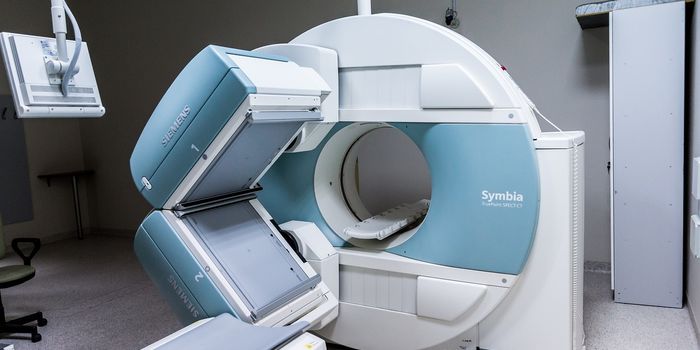Brush Your Teeth for a Better Memory
What is good oral hygiene??? What will happen if you do not follow this important healthcare ritual?
You are right.......DENTAL CAVITIES and GUM DISEASES.
But what if I say brushing your teeth regularly can keep you cognitively sharp and help in supporting your overall health too.
The findings of two Rutgers University studies co-authored by Darina Petrovsky, Bei Wu, and Weiyu Mao published in the Journal of the American Geriatrics Society explored the relationship between poor oral health and cognitive decline in an interview with over 2700 Chinese Americans of and above the age of 60.
a) In the first study, the participants who reported tooth symptoms experienced a decline in cognition and episodic memory, often precursors to dementia.
b) In the second study, stress increased symptoms of dry mouth, leading to poorer overall oral health.
Study participants
a) US Chinese older adults (N = 2713; mean age = 72.6 y; 58.4% women).
b) 1,297 participants reporting teeth problems and 513 participants experiencing gum problems.
Methods
The researchers evaluated the effects of multiple cognitive functions as immigration and gender, psychological distress, education level, and social engagement, and oral health using three domains:
a) Episodic Memory (East Boston Memory Test)
b) Executive Function (Symbol Digit Modalities Test)
c) Working Memory (Digit Span Backwards)
Study findings
The scientists found that nearly 50 percent of the participants reported experiencing tooth symptoms, 25.5 percent reported dry mouth.
-
47.8 percent of older Chinese Americans not receiving annual oral health examinations experienced decreased quality of life, depression, hypertension, poor cognition, and cognitive decline.
-
25.5 percent of older Chinese Americans reported dry mouth.
“Racial and ethnic minorities are particularly vulnerable to the negative consequences of poor oral health,” said XinQi Dong, director of Rutgers University’s Institute for Health, Health Care Policy and Aging Research. “Minorities have less access to preventive dental care that is further exacerbated by language barriers and low socioeconomic status. Older Chinese Americans are at particular risk for experiencing oral health symptoms due to lack of dental insurance or not visiting a dental clinic regularly.”
For future studies, the study has important policy and practice implications. Prospective studies should include:
a) objective oral health assessments when examining the association between oral health symptoms and cognitive function in this population.
b) studies with a longer follow‐up period may be needed to observe more clinically meaningful changes in cognition.
EurekaAlert, JournaloftheAmericanGeriatricsSociety, HarvardHealthPublishing
Featured Image Credit: Photo by Quang Tri NGUYEN on Unsplash








